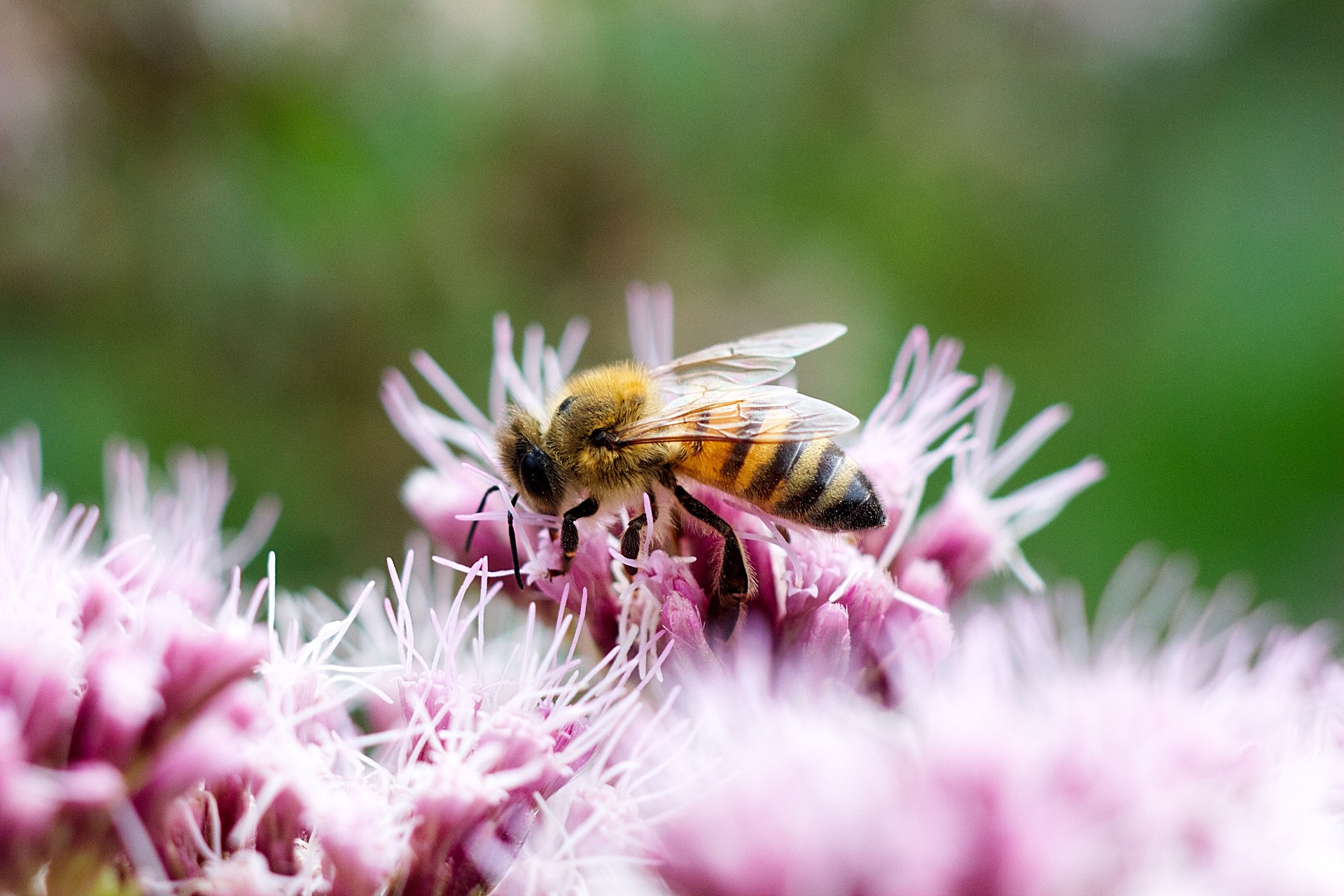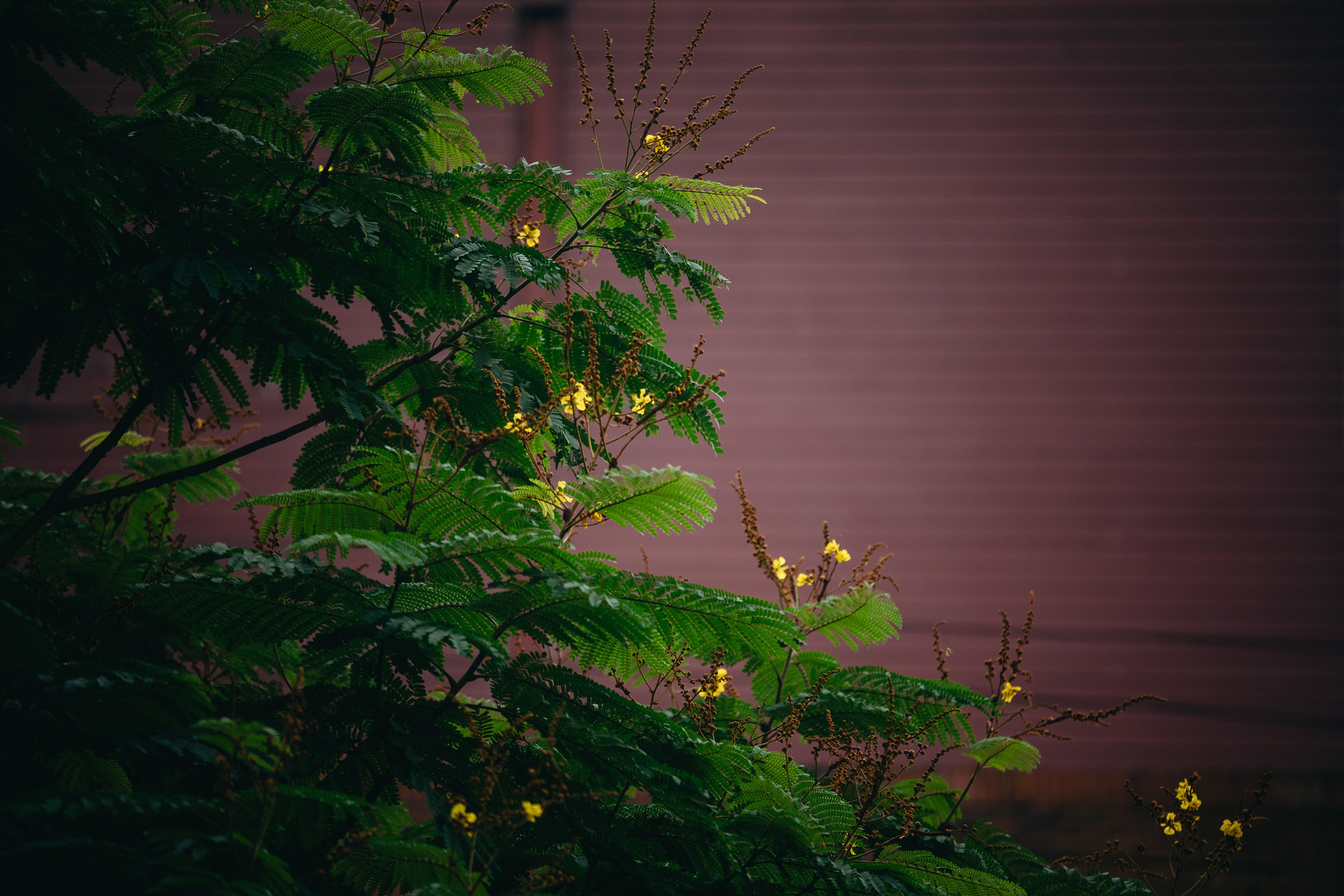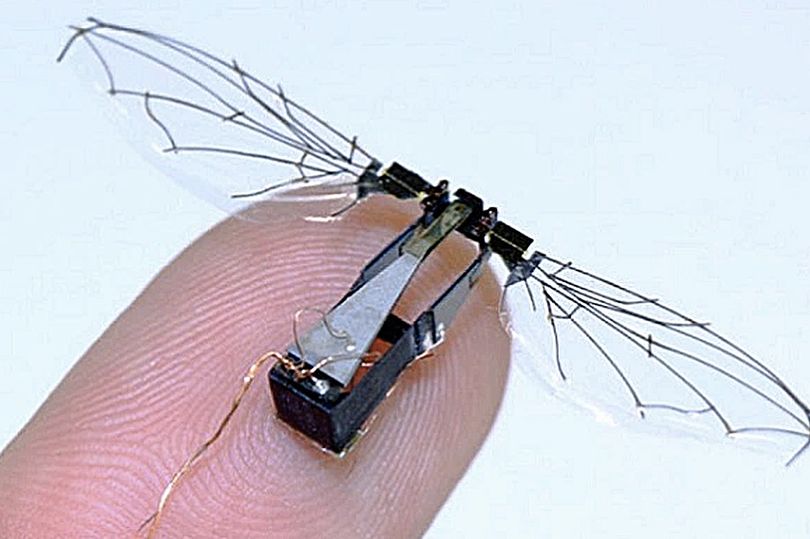When I ventured to gardening, I realized that it’s not enough to just plant vegetables and edible crops. Through Pinterest, I learned that the likelihood of an abundant harvest relies on bee pollination. And to achieve that, one must plant flowering plants like sunflower or even trees like narra near your vegetable crops. But it’s not always easy to attract bees, especially when their population is continuously decreasing.
Hold up, though. Since we’re living in a Black Mirror-esque world, technology has an answer to the declining population of bees. Unlike the guinea pig from Black Mirror’s Crocodile episode, these manmade bees are not designed to be like spies or witnesses.
Japanese scientists have recently developed robot bees known as robobees. Mirror reports that these bee wannabes are remote controlled drones about the size of a dragonfly can aide in pollinating crops and solve food shortages.

Developed by the National Institute of Advanced Industrial Science and Technology in Tokyo, robobees fly with a propeller akin to that of a helicopter. To imitate the fuzzy texture of a bee’s body, they utilize horsehair pads and gel that would help in sticking the pollen to the robot bee’s body. At Harvard University, researchers have also developed a bee-like drone that weighs less than a gram.
Just to make it clear, the use of robobees is not going to completely replace bees. The real goal is to still help true bees to survive this cruel world. So, how do we do that? As mentioned earlier, the key to attracting and sustaining the needs of bee populations is through planting nectar-rich flowering shrubs. Also, bees are dying because of habitat loss or the excessive cutting of trees. So, it would also help if we could all join reforestation projects and plant flowering trees even just in your community.

Robobees may be a good alternative, but there’s no other queen bee than real bees.
Header image courtesy of Mirror and Harvard
Read more:
Native trees find a home within the city
Green roofs can save the city from our environmental woes
We shouldn’t sacrifice the environment for development
Writer: OLIVER EMOCLING




